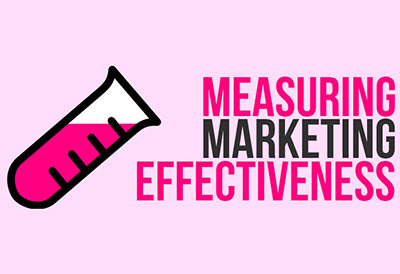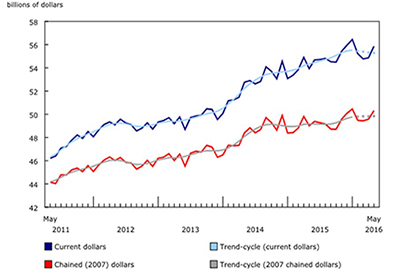What is Marketing’s ROI?

Investment dollars are hard to come by, and for marketers explaining the value of marketing can be difficult due to the multitude of initiatives (so which one “created” the need or generated the sale), the role of the salesperson, and the fact that the customer needed the item anyway. Typical marketing metrics relate to sales increases (or sales generated), number of customers who participated in the activity, or lead generation.
I was recently reading an article entitled, “Move Beyond Sales with these Business KPIs.” The article was more retail-oriented, but it got me thinking of what should be pertinent for manufacturers and distributors. Here are five metrics to consider:
1. Customer retention. Yes, everyone wants it but most cannot define it. The key with retention is recentcy, frequency and monetary value (RFM). As marketers, consider metrics that tie to days between ordering (possibly within customer volume ranges), frequency of ordering, and average order size (or # line items/order). First determine your current performance, set that as your benchmark, and then measure annual or quarterly performance. Are customers purchasing more frequently? Ordering more items? And has their time between orders decreased? Remember, marketing is about creating demand.
2. Customer satisfaction. Happy customers are good customers, right? Not necessarily. Especially if they do not purchase regularly or in volume. Knowing if someone is happy or if they would recommend you are not appropriate distributor or manufacturer metrics. Identifying customer (distributor or end-user/contractor) satisfaction, transactionally or annually, gets to the issue of how you perform vs. customer expectations and helps identify where you need to improve. The objective is to meet customer expectations, as this is the true definition of quality according to quality gurus.
3. (New) Product sales. Tracking sales of products your marketing efforts are focused on is important, and is relatively easy to do. Tracking new product sales can be a little tougher. Distributor marketing staff should talk to pricing and/or IT to see if their ERP system records when a product was first entered into their system or when the first sale for a product was recorded. Most manufacturers define new as less than three years old.
4. Lead generation. Growing with existing customers is one path to success. Supplementing it with new customers is critical to sustainable growth. Review your credit application and add a section for “how heard of us” and also run reports to compare sales vs. prior year. Set an annual goal for new accounts greater than $X.
5. Sales satisfaction. Are marketing’s initiatives and tools helping sales? Consider developing a Sales Satisfaction Index (SSI) and asking your customers how you are meeting their needs.
Finding quality salespeople is difficult, and expensive. Effective marketing can differentiate you to your customers, enabling you to increase your account penetration while also helping create opportunities. The right metrics will tell you if you are getting a return on your investment and if marketing works for you.
David Gordon is President of Channel Marketing Group, which helps manufacturers and distributors in the construction and industrial trades generate ideas to accelerate revenue through strategic planning, marketing planning and coaching and market research initiatives. He can be reached at 919.488.8635.










